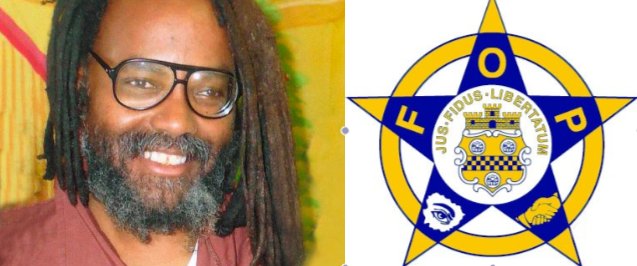Although Pennsylvania’s new Governor Tom Wolf, who last November unseated Republican incumbent Tom Corbett, cited more than 315 million solid reasons to back his surprise order putting an immediate moratorium on executions in Pennsylvania, law enforcement organizations in the state still castigated his action, calling it an outrageous assault on a criminal justice system that they contend works well.
When Wolf announced his imposition of a moratorium on executions due to a disturbing history of abuses and errors in death penalty prosecutions in the state with the fifth largest death row in the country, he cited a damning statistic overlooked in most news media accounts of his recent action.
Operating the death penalty in Pennsylvania over the course of the past thirty-plus-years has cost the state’s taxpayers between $315-to-$600-million, Wolf noted in a memorandum his office released that detailed why he halted executions.
The Pennsylvania “has received very little, if any, benefit from this massive expenditure,” Gov. Wolf said. An exact cost figure for death penalty prosecutions in Pennsylvania remains elusive because state legislators and top officials in its court system have to date resisted compiling specific such figures.
The enormous expenses associated with the death penalty, from trial through appeals to execution, is a reason why many other states that have halted executions. Death penalty prosecutions cost three times as much or more than non-capital murder prosecutions, repeated studies nationwide have documented.
 Pennsylvania's at least temporarily stilled death chamber, and Gov. Tom Wolf, who issued a moratorium on all executions
Pennsylvania's at least temporarily stilled death chamber, and Gov. Tom Wolf, who issued a moratorium on all executions









